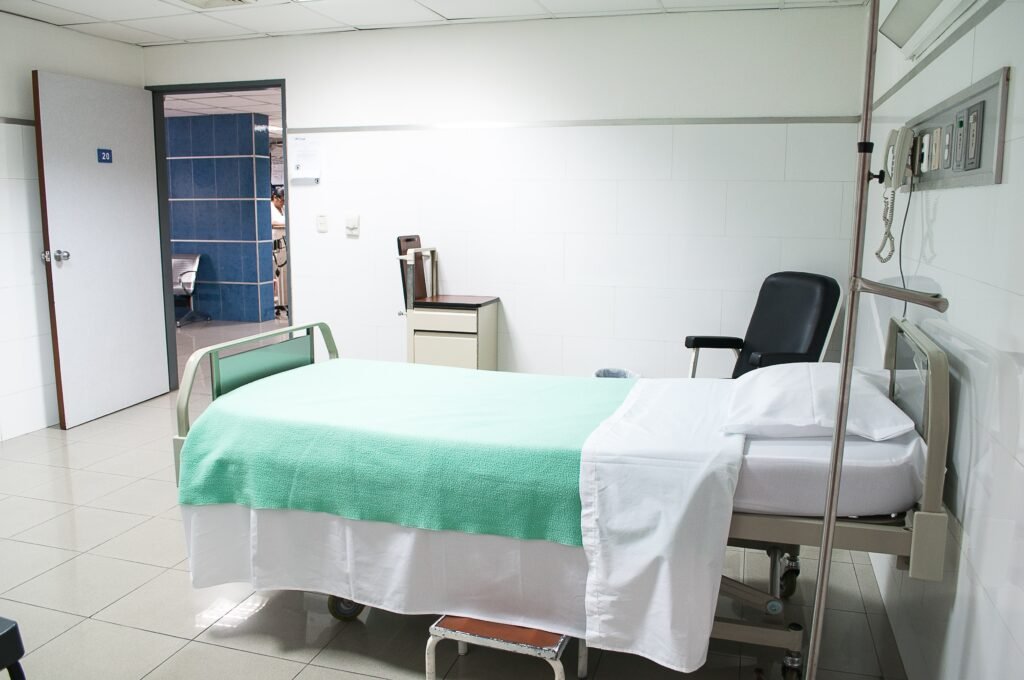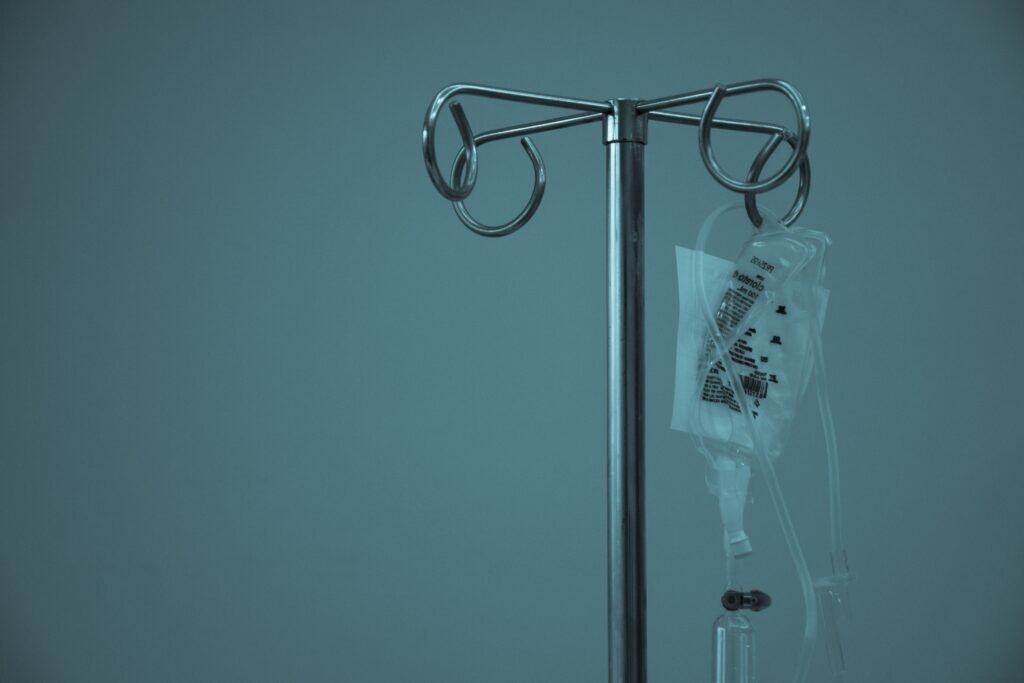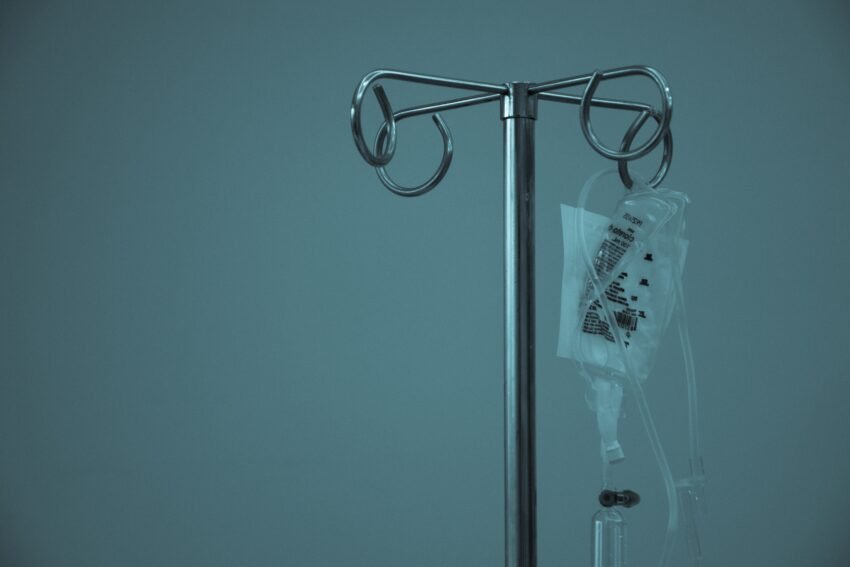Have you ever wondered if there are alternative therapies available for relieving migraines? Migraines can be debilitating and greatly impact your quality of life. While conventional treatments such as medication are commonly used, there is growing curiosity around alternative therapies that may offer relief. This article explores the possibility of finding alternative methods to alleviate the symptoms of migraines and discusses some potential options that you may consider. Whether you’re seeking a natural approach or looking to complement your existing treatment plan, discovering alternative therapies for migraine relief might be the answer you’ve been searching for.
Acupuncture
Definition and Principles of Acupuncture
Acupuncture is a traditional Chinese medicine practice that involves the insertion of thin needles into specific points on the body. It is based on the principle that the body has energy pathways, or meridians, through which vital energy, or qi, flows. When these pathways become blocked or imbalanced, it can lead to various health issues, including migraines.
Acupuncture aims to restore the flow of qi in the body by stimulating specific points along the meridians. The needles used in acupuncture are very thin and rarely cause any pain. In fact, many people find acupuncture to be a relaxing and therapeutic experience.

How Acupuncture Works for Migraine Relief
Acupuncture has been found to be effective in providing relief for migraines. It is believed that acupuncture works for migraine relief by:
-
Stimulating the release of endorphins: Acupuncture promotes the release of natural pain-relieving chemicals in the body, such as endorphins. These endorphins can help reduce the intensity and frequency of migraines.
-
Regulating neurotransmitters: Acupuncture has been shown to influence the production and release of neurotransmitters, such as serotonin. Imbalances in serotonin levels can contribute to migraines, and acupuncture can help restore balance in these neurotransmitters.
-
Increasing blood circulation: Acupuncture can improve blood flow and circulation, which can be beneficial for migraine sufferers. By improving blood circulation, acupuncture helps to deliver oxygen and nutrients to the brain, reducing the frequency and intensity of migraines.

Studies and Evidence Supporting Acupuncture as a Treatment for Migraines
Numerous studies have explored the efficacy of acupuncture as a treatment for migraines, and the results have been promising. A meta-analysis published in the journal JAMA Internal Medicine found that acupuncture was associated with a significant reduction in the frequency of migraines when compared to sham acupuncture or conventional medication.
Another study published in the Journal of Alternative and Complementary Medicine showed that acupuncture was more effective than a placebo in reducing the intensity and duration of migraines.
While the exact mechanisms behind acupuncture’s effectiveness in migraine relief are still being researched, these studies suggest that acupuncture is a viable alternative therapy for those seeking relief from migraines.

Potential Benefits and Risks of Acupuncture for Migraines
One of the main benefits of acupuncture for migraine relief is its non-invasive nature. Unlike medication or surgery, acupuncture does not involve any drugs or incisions. This makes it a safe and natural option for those who prefer to avoid pharmaceutical treatments.
Other potential benefits of acupuncture for migraines include:
-
Fewer side effects compared to medications: Medications used for migraines may come with side effects such as drowsiness, dizziness, and nausea. Acupuncture, on the other hand, has minimal side effects and is generally well-tolerated.
-
Holistic approach: Acupuncture takes into account the whole person and aims to address the underlying imbalances that may be contributing to migraines. This holistic approach may result in more long-lasting relief.
-
Individualized treatment: Acupuncture treatments are tailored to each individual’s specific needs and symptoms. This personalized approach allows for a more targeted and effective treatment for migraines.
It is worth noting that acupuncture may not be suitable for everyone. Some people may experience mild bruising or bleeding at the needle insertion sites, but these side effects are usually minimal. It is important to consult with a qualified acupuncturist to ensure that acupuncture is the right choice for you.

Finding a Qualified Acupuncturist
When seeking acupuncture for migraine relief, it is crucial to find a qualified and experienced acupuncturist. Here are a few tips to help you find a reputable acupuncturist:
-
Research credentials: Look for acupuncturists who are licensed and certified in your area. Check if they have completed the required training and have the necessary qualifications to practice acupuncture safely.
-
Seek recommendations: Ask for recommendations from friends, family, or healthcare professionals who may have had positive experiences with acupuncture for migraines. Personal referrals can give you a better idea of the acupuncturist’s expertise and success rate.
-
Interview the acupuncturist: Before committing to acupuncture treatment, schedule a consultation with the acupuncturist to discuss your specific needs and concerns. This will allow you to assess their knowledge, communication skills, and overall approach to treatment.
-
Trust your intuition: It is important to feel comfortable and at ease with your acupuncturist. Trust your instincts and choose someone you feel confident and relaxed with.
Finding a qualified acupuncturist who specializes in migraine relief can significantly enhance your chances of obtaining effective and safe treatment.



